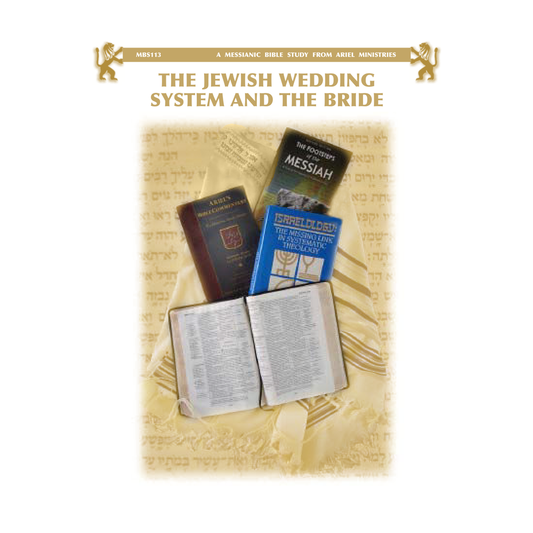Deaconesses
Did the early church have an order of deaconesses or not? The Greek word, he diakonos used to defend this order, could simply mean “servant” without any official capacity. There is a lot of debate about having the office of deaconess because many feel it would violate biblical teaching. Actually, it would violate biblical teaching only if one misunderstands the office of a deacon. In those churches where deacons are in a position of authority, having deaconesses would be a violation of biblical teaching. But biblically, a deacon is a servant, and since there is nothing wrong with female servants, there is nothing biblically wrong with an order of deaconesses, if the office is kept biblically.
There is no clear-cut biblical evidence that there was an order of deaconesses. There may have been an official position of deaconesses in the early church, but if so, they would have been servants, not rulers.
There are two main passages that are used to defend the office of a deaconess. One passage is Romans 16:1–2, and 12, but these verses may simply mean that the woman was a servant in an unofficial sense. There is no clear evidence here of an official position.
The second passage is 1 Timothy 3:11, but here it may refer to a wife of a deacon rather than a deaconess, because the Greek word used here is the Greek word for woman or wife, not the Greek word for deaconess. Rather, 1 Timothy 3:11 lists four qualifications of a deacon’s wife: first, she must be dignified; secondly, she must not be slanderous, or a faultfinder, she must not be gossipy; thirdly, she must be temperate, not given to excesses in life; and fourthly, she must be faithful in all things, she must be a reliable woman.
There is no clear New Testament example of an order of deaconesses. But biblically speaking, there may not be anything wrong with having deaconesses if the office is recognized as being one of servants, not rulers.
Excerpt from Dr Arnold Fruchtenbaum:
MBS106 THE LOCAL CHURCH: Pg 25-26





